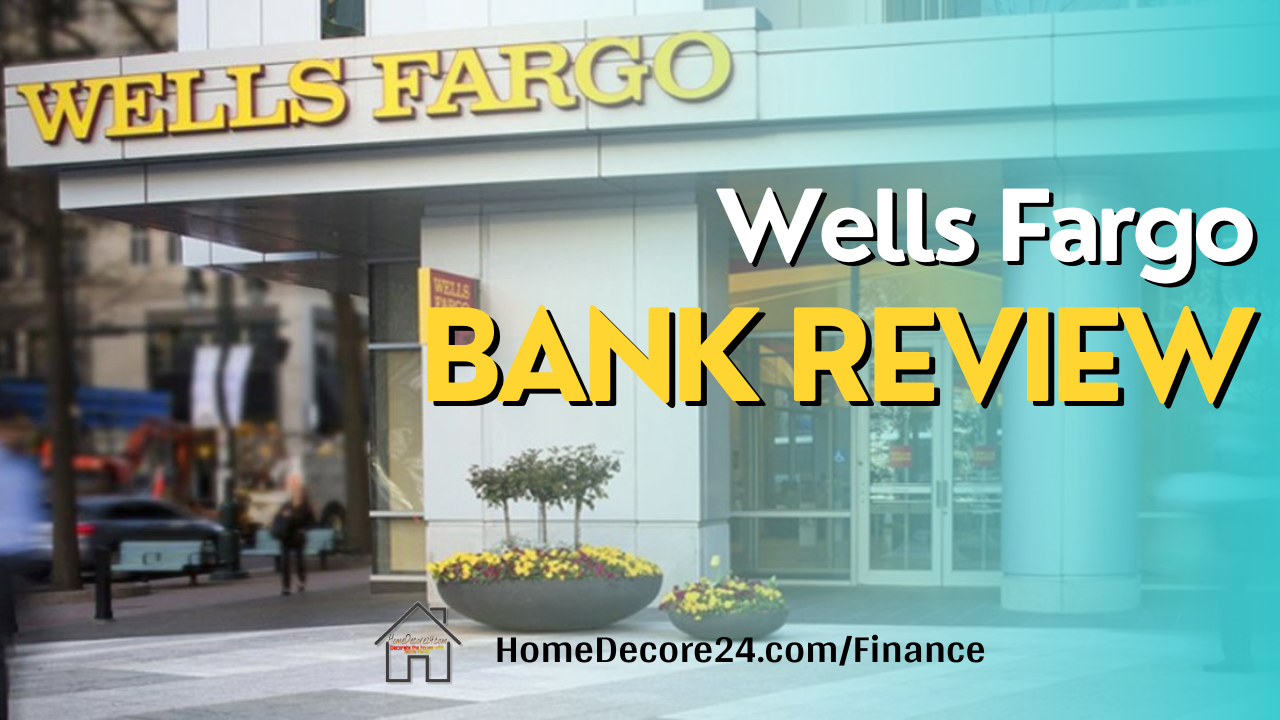Property leases play a pivotal role in the real estate landscape, governing the rights and responsibilities of both landlords and tenants. In the context of cooperative housing, property leases take on a unique significance, shaping the relationship between co-op members and the management entity. This article delves into the definition of property leases, their significance in co-op housing, and the implications they have on cooperative communities.
Property Leases: A Definition
A property lease is a legally binding contract that outlines the terms and conditions under which a landlord grants a tenant the right to occupy and use a specific property for a predetermined period. This document governs various aspects of the rental arrangement, including rent payments, lease duration, maintenance responsibilities, and tenant rights. Leases can vary in length, with short-term leases typically lasting a few months and long-term leases spanning several years.
Read More: Exploring the 5/1 ARM Loan
Cooperative Housing: An Overview
Cooperative housing, often referred to as co-ops, is a distinctive form of homeownership where residents collectively own shares in a corporation that owns the entire building or property. Instead of owning individual units, co-op members own shares that entitle them to the exclusive use of a particular unit. As shareholders, co-op members participate in decision-making processes and elect a board of directors to manage the property.
The Interplay between Property Leases and Co-ops
In a co-op setting, property leases take on a dual nature due to the unique ownership structure. Co-op members are not traditional renters but rather shareholders in the cooperative corporation. When an individual purchases shares in a co-op, they receive a proprietary lease, also known as an occupancy agreement. This document outlines the terms under which the shareholder is granted the right to occupy a specific unit.
Key Elements of Co-op Property Leases
Lease Duration: Co-op property leases generally have longer durations compared to standard residential leases. They typically coincide with the length of time the shareholder owns shares in the cooperative.
Rent and Maintenance Charges: Instead of traditional rent payments, co-op members pay maintenance charges, which cover the operating costs of the building, including property taxes, utilities, and upkeep.
Responsibilities: Co-op property leases outline the responsibilities of both the shareholder and the cooperative corporation. Shareholders often have obligations related to unit maintenance, while the co-op entity is responsible for overall property management.
Impact on Co-op Communities
Community Stability: Longer lease durations contribute to stability within co-op communities, as turnover rates tend to be lower compared to rental apartments. This stability can foster a sense of community and belonging among co-op members.
Financial Accountability: Since co-op members are shareholders, they have a vested interest in the financial health of the cooperative. This shared ownership model often encourages responsible property management and maintenance.
Control and Decision-making: Property leases in co-ops typically outline the rules and regulations that govern the community. Co-op boards may have the authority to approve or reject potential buyers, ensuring that the cooperative’s values and standards are upheld.
What happened when proprietary lease expires?
When a proprietary lease expires, the co-op shareholder’s right to occupy the unit terminates. Renewal terms and conditions are negotiated with the co-op board, often involving a lease extension or potential purchase of shares if the shareholder desires continued residency.
Read More: Non-Conforming Loans
How a proprietary lease works?
A proprietary lease grants a co-op shareholder the right to occupy a specific unit. Unlike traditional ownership, co-op members own shares in the cooperative corporation. The lease outlines occupancy terms, responsibilities, and rent payments in lieu of standard ownership. It’s a legal agreement that governs the shareholder’s rights and obligations within the cooperative housing framework.
FAQ’s
1.what is an example of a proprietary lease?
An example of a proprietary lease is when a co-op shareholder signs a contract granting them exclusive occupancy rights to Unit 203 in a cooperative building. The lease outlines terms such as lease duration, maintenance responsibilities, and the shareholder’s role within the co-op community.
2. What is the assignment of proprietary lease?
The assignment of a proprietary lease involves transferring a co-op shareholder’s lease rights to another party. This process requires approval from the co-op board. The new occupant assumes the lease’s terms and responsibilities while the original shareholder usually retains financial obligations.
3. What is a Proprietary lease as evidence of ownership?
A proprietary lease serves as evidence of ownership in a cooperative housing arrangement. It grants a shareholder the right to occupy a specific unit and outlines their responsibilities within the cooperative community. While not traditional ownership, it signifies the shareholder’s stake and role in the co-op corporation.
YouTube Video
Bottom Line
Property leases in the context of co-op housing are a unique manifestation of the traditional landlord-tenant relationship. They reflect the dual nature of ownership and occupancy within cooperative communities. These leases not only define the legal rights and responsibilities of co-op members but also contribute to the overall stability, financial accountability, and sense of community within these distinct housing arrangements. Understanding property leases is essential for both prospective co-op buyers and those seeking to manage and sustain cooperative housing communities effectively.
✓ Land Loans: Everything You Need to Know






